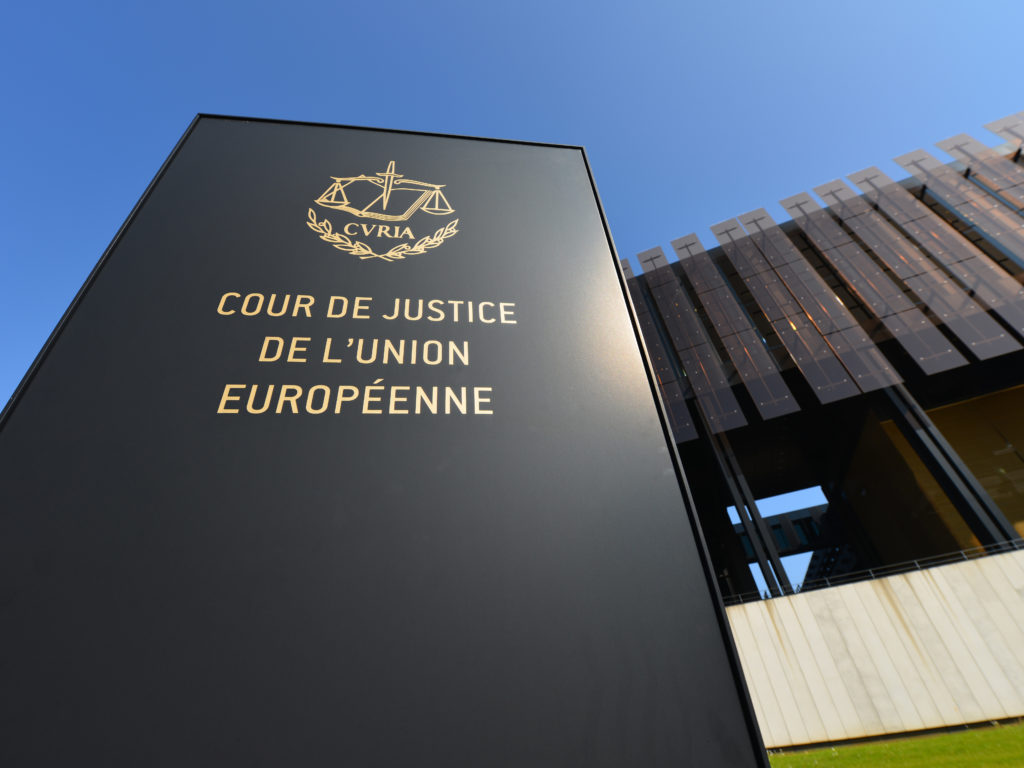
The Court of Justice delivered two judgments in May 2019 which considered whether the Public Prosecutors’ Offices of Member States fell within the definition of an “issuing judicial authority” for the purposes of the EAW Framework Decision. The cases considered the position of the prosecuting authorities of Germany and Lithuania. In deciding those cases the Court drew a distinction between the two regimes on the basis of independence from the executive. The German prosecuting authority did not satisfy the requirements of an issuing judicial authority as its decision-making powers were exposed to the risk of influence by the executive. Conversely, the Lithuanian prosecuting authority’s independence was guaranteed by constitutional status.
The present matter involves a reference for a preliminary ruling made to the Court by courts in Luxembourg and the Netherlands. The issue to be determined by the Court is whether three prosecuting authorities, in France, Sweden and Belgium, met the requirements of an ‘issuing judicial authority’.
In respect of the French authority, the Advocate General raised two problems: the French authority remains subject to potential instruction from the executive in certain cases and the hierarchical structure of the prosecutor’s offices means their members are subordinate to their hierarchical superiors. In particular, when adjudicating on EAWs, French prosecutors are bound to comply with general instructions issued by the Minister for Justice and with instructions issued by superiors. This is inconsistent with the requirement that an IJA must exercise its functions entirely autonomously.
The reference from the Netherlands concerned whether the requirement, set out in the May judgment on the German prosecuting authority that the issue of an EAW must be capable of challenge in the courts, was met in respect of the French and Swedish authorities. The AG clarified that while the possibility of bringing court proceedings against the decision to issue is a condition relating to the lawfulness of the issuing of the warrant, it is not a condition which a prosecuting authority must satisfy in order to qualify as an IJA but rather one which is relevant to its effectiveness.
The AG went on to affirm that the requirement that EAWs be capable of challenge in the courts cannot be supplanted by a judicial review of the national warrant upon which the EAW was founded. A person subject to an EAW must be able to challenge that warrant before a judge in the Requesting State, prior to surrender. This does not, however, amount to a distinct ground for refusing to execute an EAW. This is a matter that should fall for consideration by the Requesting State itself.
Finally, the AG stated that in cases where an EAW is issued for the purpose of enforcing a custodial sentence, this too must be capable of being subject to court proceedings similar to those that apply in the case of EAW’s issued for the purpose of conducting a criminal prosecution.
Tags: CJEU, Issuing Judicial Authority, Opinion of Advocate General Categories: France, Germany, Lithuania, Sweden



Recent Comments